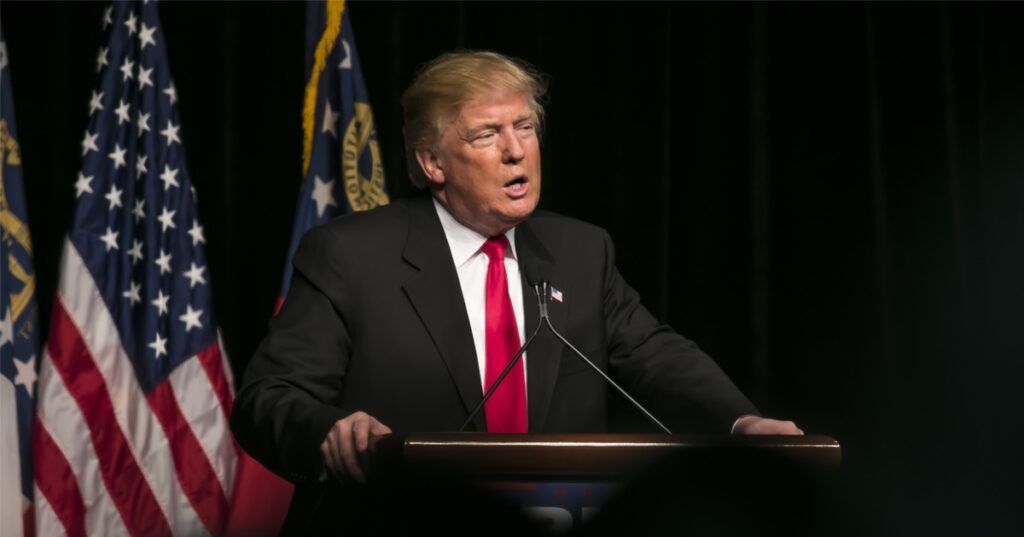President Donald Trump reportedly refused to provide Tomahawk missiles to Ukraine after a phone call with Russian President Vladimir Putin, a move that came days before Ukrainian President Volodymyr Zelenskyy visited the White House on October 19 and followed a leaked exchange involving a U.S. envoy and a Russian official.
Reporting says a leaked phone call shows Trump denied Ukraine access to long-range Tomahawk missiles after his discussion with Putin last month. The leak also points to coordination by Trump’s special envoy, Steve Witkoff, who reached out to a Russian counterpart to arrange or encourage the call. That sequence set off immediate questions in Washington about influence, process, and messaging.
In the recording attributed to the exchange, Witkoff told Yuri Ushakov, “Zelensky is coming to the White House on Friday,” and he urged timing the Putin conversation before that meeting. The transcript suggests Witkoff wanted the Russian leader to speak with Trump prior to Zelenskyy’s visit. That arrangement is now at the center of scrutiny over how foreign policy decisions were coordinated.
Witkoff is also said to have coached the Russian official to direct praise at Trump, pointing to a Gaza peace initiative as a way to build rapport. The suggestion reportedly worked, and Putin offered public praise that critics say softened the ground for Trump to resist supplying certain weapons. Those tactical moves inflamed concerns about backchannel influence and favoritism toward Russia.
A former diplomat with deep European experience warned that “Putin has greater influence because of many deals going way back… Witkoff has been dealing with the Russians for decades. As the transcript shows, he even advises the Kremlin how to engage with POTUS,” the diplomat said, framing the leak as proof of long-running ties and advisement. That comment underscores why many in Congress and the press are raising alarms about the optics and the substance of contacts between U.S. intermediaries and Russian officials.
Tomahawk missiles can travel roughly 1,000 miles and would give Ukraine the reach to strike infrastructure that sustains the Russian war effort. The range and precision of those systems make them a significant capability and a genuine strategic lever. For that reason, any decision to withhold them carries real military and geopolitical weight.
Officials sympathetic to the president argue the step was pragmatic, aimed at exploring a diplomatic path rather than accelerating escalation. Critics see the denial as a concession to Moscow and as evidence that U.S. policy may be shaped by informal intermediaries. Either way, the episode has fueled partisan criticism and sharpened debates about how America supports allies under fire.
Republican members of Congress have publicly objected to Witkoff’s role and the appearance of favoritism toward Russia amid peace plans floated by the administration. Representative Brian Fitzpatrick demanded Witkoff be removed from the process and suggested Secretary of State Marco Rubio should take a more central role in handling negotiations. Fitzpatrick warned that “This is a major problem. And one of the many reasons why these ridiculous side shows and secret meetings need to stop,” reflecting broader GOP unease over opaque personnel and processes.
Trump defended Witkoff and framed the conduct as standard dealmaking, saying, “It’s a standard thing… that’s what a dealmaker does.” The president also argued the war could drag on for years and that negotiating a settlement might be preferable, adding, “Look, I think this war could go on for years and Russia has got a lot more people. A lot more soldiers, you know? I think if Ukraine can make a deal, it’s a good thing.” Those remarks fit the deal-focused style Trump and his supporters promote when arguing for pragmatic de-escalation.
The clash over Tomahawks, leaked calls, and outside intermediaries leaves lawmakers and the public with policy and oversight questions. Conservatives pushing for strong support of Ukraine will press for clarity on military aid decisions while also defending the need for tough, realistic diplomacy. The coming days are likely to feature hearings, public statements, and political jockeying as both sides stake out what they call the prudent path forward.



